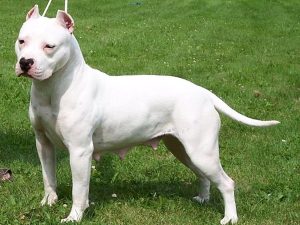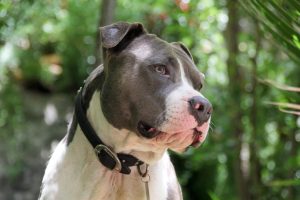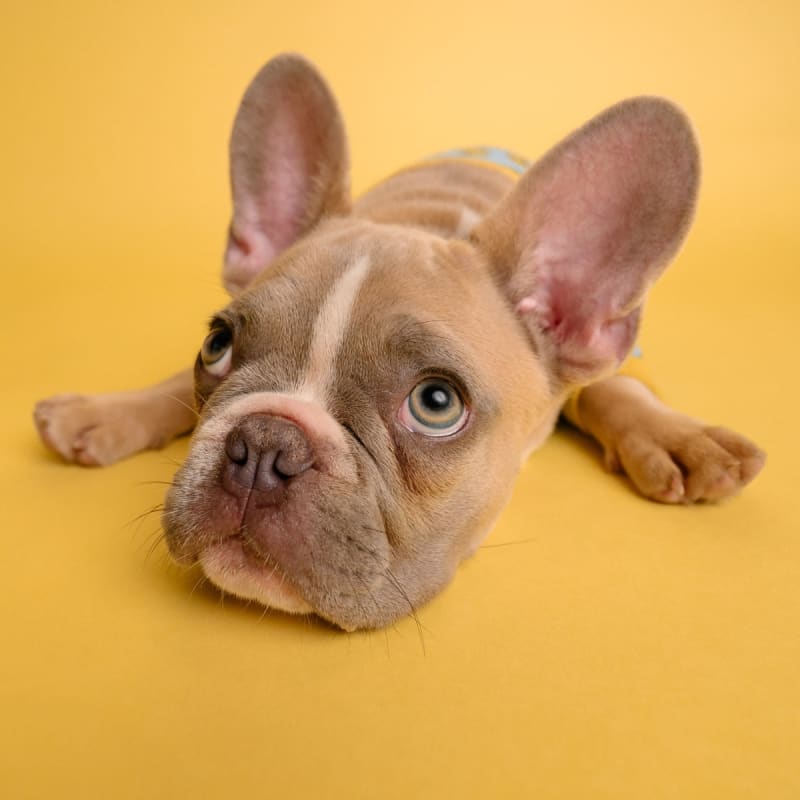Facts about Pit Bull Dogs
Pit bull is a term often used to refer to several breeds of dogs, including the American Pit Bull Terrier, American Staffordshire Terrier, Staffordshire Bull Terrier, and sometimes the American Bulldog. Here’s an overview of pit bull dogs:
Appearance
Pit bulls are medium-sized, muscular dogs with a powerful build. They typically weigh between 30 to 80 pounds (14 to 36 kg) and stand around 17 to 21 inches (43 to 53 cm) tall at the shoulder.
They have a broad, wedge-shaped head with strong jaws and a muscular neck. Their ears can be cropped or left natural, and their eyes are typically round to almond-shaped.
Pit bulls have a short, smooth coat that comes in various colors, including brindle, fawn, black, blue, and red. They may also have white markings or patches.
Strength
- Muscle Mass: Pit bulls have a naturally muscular and athletic body structure. They have well-developed muscles, particularly in their shoulders, chest, and hindquarters, which gives them impressive strength and agility.
- Jaw Strength: Pit bulls have strong jaws and a powerful bite force. While there is variation among individual dogs, they generally have a strong bite due to their breed’s history as working and hunting dogs.
- Endurance: Pit bulls have good stamina and endurance, allowing them to sustain physical activity over extended periods. This endurance is a result of their history as active working dogs used for tasks such as hunting, herding, and guarding.
- Temperament: Pit bulls are known for their tenacity and determination. When they are focused on a task or engaged in physical activity, they can exhibit remarkable strength and persistence.
- Breed Characteristics: Pit bulls were historically bred for strength, athleticism, and resilience. These traits were valued in their original roles as working dogs, where they were expected to perform demanding tasks effectively.

Temperament
Despite their sometimes intimidating appearance, pit bulls are known for their affectionate, loyal, and friendly nature. They are often described as affectionate “people dogs” that thrive on human companionship.
Pit bulls are intelligent and eager to please, making them relatively easy to train. They respond well to positive reinforcement techniques and enjoy learning new tricks and commands.
With proper socialization and training, pit bulls can be excellent family pets and get along well with children and other animals. However, early socialization is essential to ensure they develop proper manners and behavior.
History
Pit bulls have a complex and controversial history, stemming from their origins as working dogs bred for bull-baiting and later as fighting dogs. Despite their past, pit bulls were historically known for their loyalty and gentleness towards humans.
In the United States, pit bulls were once considered “America’s dog” and were popular family pets. They were featured in advertisements, films, and even served as mascots for various organizations.
Unfortunately, pit bulls have also been the subject of negative stereotypes and misconceptions, leading to breed-specific legislation (BSL) and discriminatory policies in some areas.
Care
Pit bulls have moderate grooming needs due to their short coat. Regular brushing and occasional baths are usually sufficient to keep their coat clean and healthy.
Like all dogs, pit bulls require regular exercise and mental stimulation to stay happy and healthy. Daily walks, playtime, and interactive toys are essential for their physical and mental well-being.
Pit bulls may be prone to certain health issues, including hip dysplasia, allergies, and skin conditions. Regular veterinary check-ups and a balanced diet can help prevent and address any health concerns.

Overall, pit bulls are loving and loyal dogs that make devoted companions for responsible owners. With proper training, socialization, and care, pit bulls can thrive in loving homes and be wonderful family pets. However, it’s essential to challenge negative stereotypes and promote responsible ownership practices to ensure the well-being of pit bulls and all dogs.
More posts you might be interested in:

